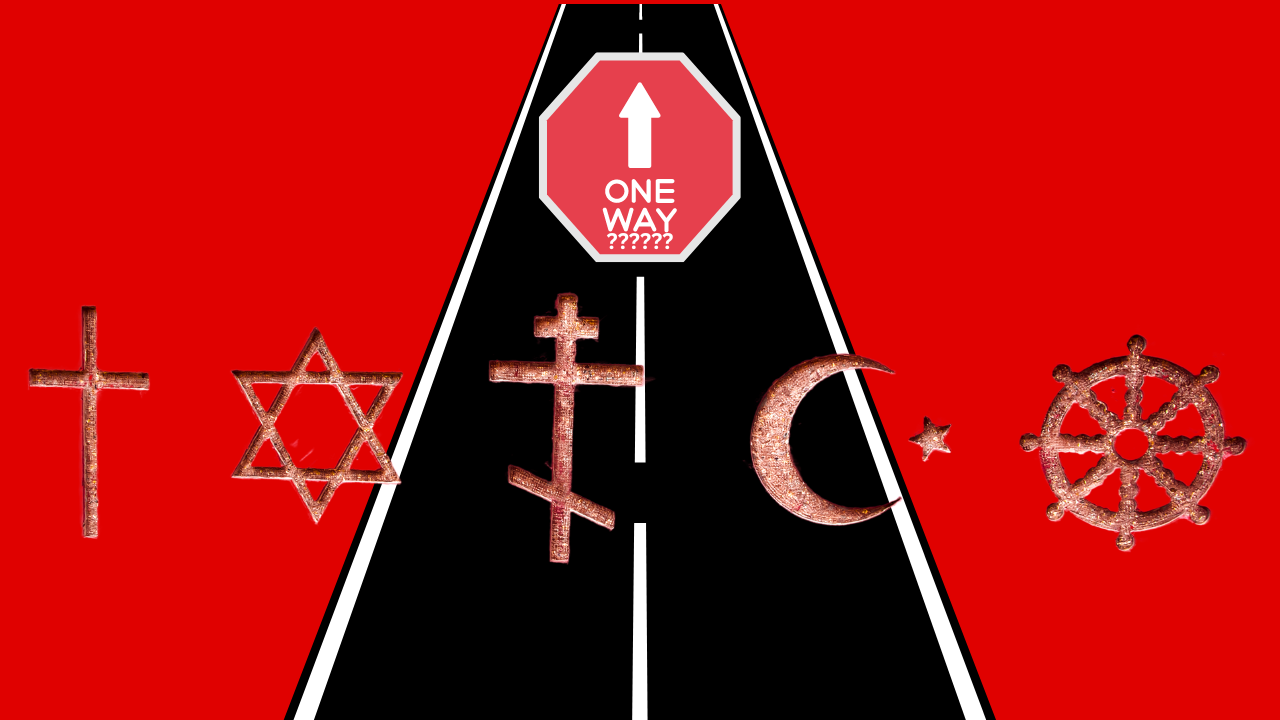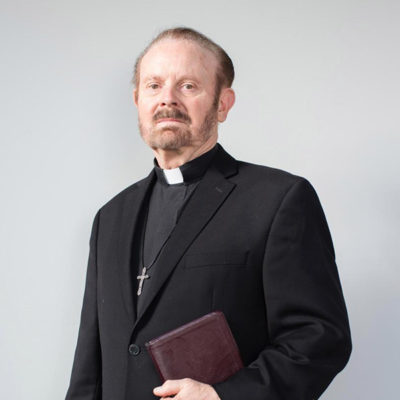Is there one God or many? Does it matter what we call him? One of the classical sayings of Hinduism is this: “God is one, but we call him by many names.” The idea is that all paths that believe in a Supreme Being eventually end up in the same place. Call it Nirvana, Paradise, or Heaven, it’s the same. Call him Brahma, Allah, or Jehovah, he’s the same god. Is that true? Does language make a difference?
Hinduism distorts the concept of a single Divine Being by saying that they believe in 330 million gods. The first time that I heard that walking the streets of New Delhi, India I was confused. I considered the maze of worshiping millions of gods an impossibility. A guru at a Hindu temple explained it to me this way, “Yes, there are 330 million gods because we believe in whole nations of gods in many forms and stages. Some are babies, adolescents, and adults in various forms of deity transmigration.” Huh? He then added, “It’s not a real number. It is a representation of the belief that the names and expressions of god are without number and form.” That didn’t make it any more clear, but it did underscore that Hinduism, and Buddhism, allow for multiple divine expressions. By the way, Buddhism which started out as an agnostic faith without any god eventually mutated into something resembling Hinduism. Through the millennia, Buddhism developed a hierarchy of deities including Buddhas, Bodhisattvas (enlightened beings) and Devas (celestial beings with supernatural powers).
Islam and Judaism are more near to Christianity. Jews believe in one God, but not the Holy Trinity and Jesus Christ as the Son of God. He was a great teacher, that’s all. The same with Islam. He was A prophet and perhaps even performed miracles. He was righteous and human, but not God. So where does that leave us? Followers of Christ look to 2,000 years of Chrisitan history, the gospel accounts of his resurrection, and the Holy Bible. All agree that Jesus Christ was and is eternal God. He Created all that is and had no beginning or end, the “Alpha and Omega” (Revelation 1:8).
Ephesians 4:5-6 is a classic statement of Christian belief: “One Lord, one faith, one baptism, one God and Father of all.” There is no room here for “all paths lead to God.” No suggestion that sincerity will take anyone to the correct, eternal spiritual destination. Heaven isn’t simply a place where all “good” people go.
One’s ticket to paradise isn’t by Islamic martyrdom or enlightened meditation leading to Buddhahood. The apostle Paul writing in this biblical passage was dogmatic about eternal verities. One, one, one, one. He says it four times. Don’t think that noble intentions will merit a happy afterlife. Your only way to peace with God forever is the one path of one Lord. You may disagree, but if you’re wrong, you’ve lost everything – eternally. Christ’s words of John 14:6 are straightforward and leave only one interpretation: “I am the way, the truth, and the life. No one comes to the Father except through Me.”







